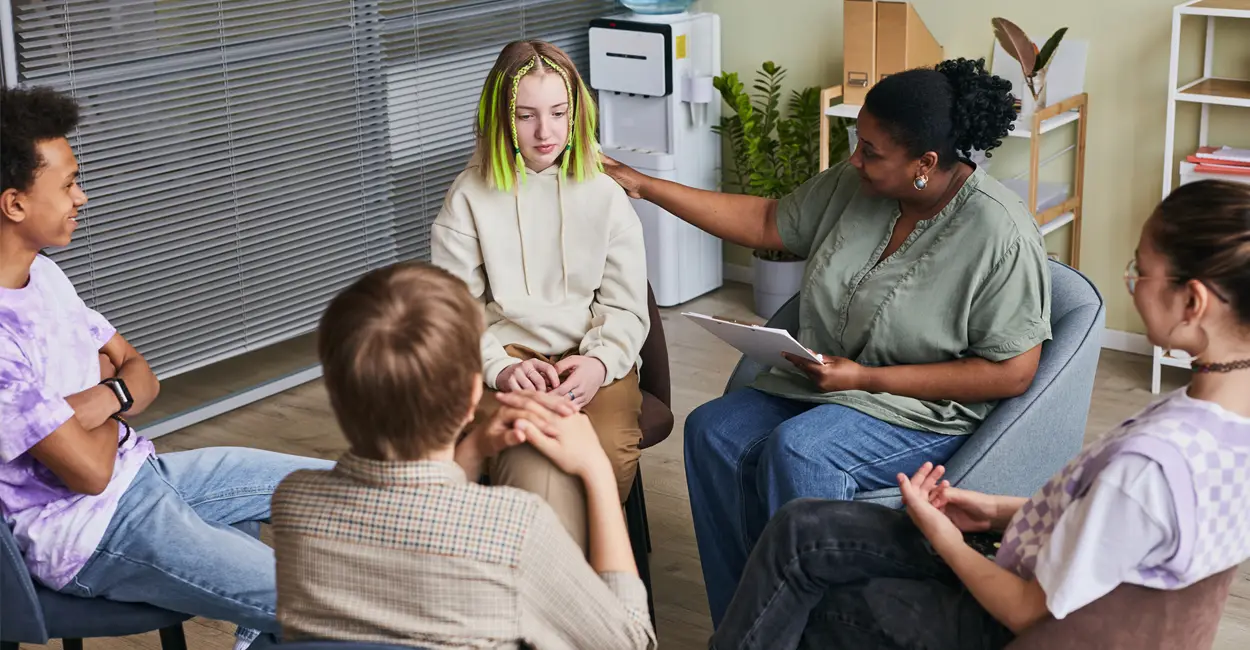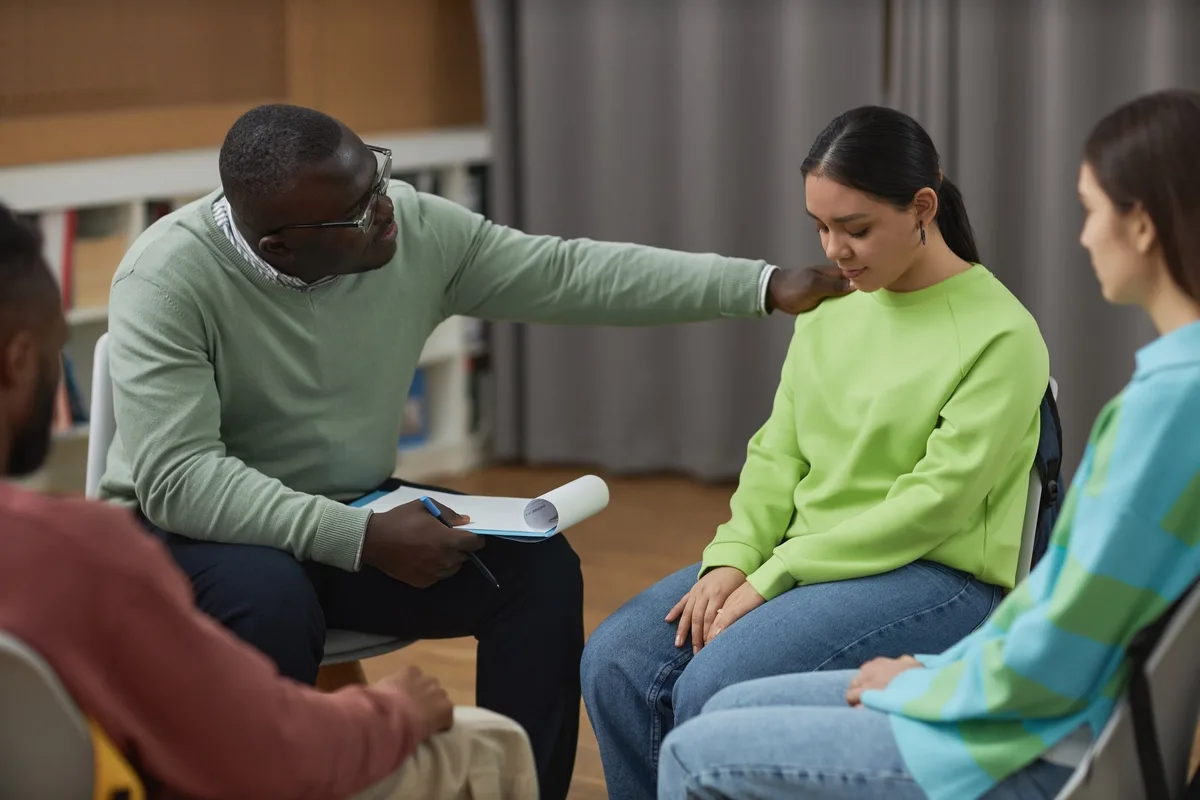24/7 Helpline:
(866) 899-111424/7 Helpline:
(866) 899-1114
Learn more about PTSD Treatment centers in Morgan City
PTSD Treatment in Other Cities

Other Insurance Options

Magellan Health

CareFirst

Molina Healthcare

Sutter

Cigna

Sliding scale payment assistance

State Farm

Regence

Magellan

MVP Healthcare

Lucent

Humana

Meritain

UnitedHealth Group

Choice Care Network

Health Choice

UMR

Health Net

Group Health Incorporated

Amerigroup










